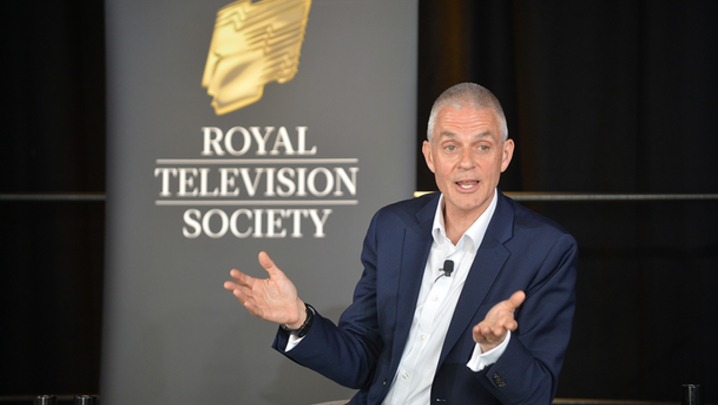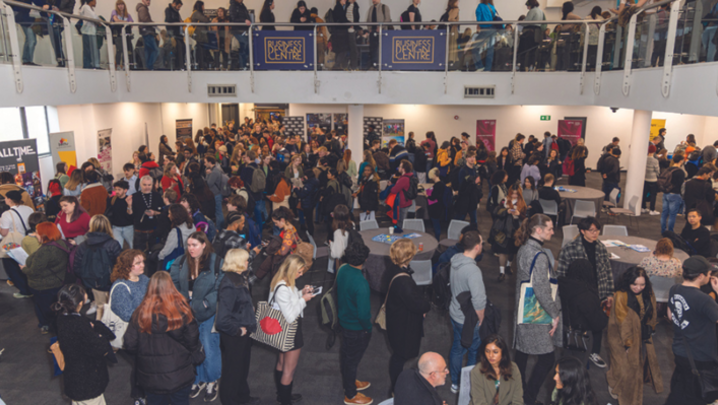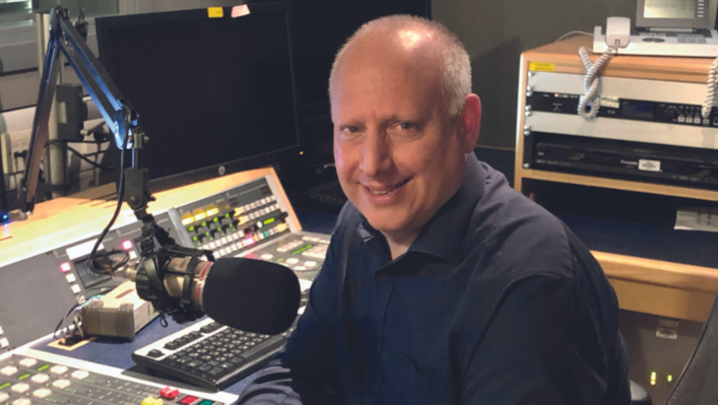Steve Carson warns that Belfast cannot rest on its laurels as a production powerhouse.
In the picturesque village of Greyabbey, on the shores of Strangford Lough, cast and crew assemble for the latest network drama to be shot in Northern Ireland. The Woman in White is a five-part adaptation of Wilkie Collins’s psychological thriller for BBC One. The period drama joins a BBC slate that in the past year has included The Fall, Line of Duty and My Mother and Other Strangers.
Further north, the finishing touches are being put to two 2,970m2 sound stages in Belfast Harbour. When they open later this year, the stages will add to the existing capacity in the Titanic Quarter, built on the site of the former Harland and Wolff yard.
Where once we built ships – most of which didn’t sink – now we make content. The creative sector in Northern Ireland is in the midst of a once-unthinkable boom. Local companies and international producers are carving out a track record in drama, children’s, animation, factual and games.
In a small place, the impact has been considerable. Innovative local agency Northern Ireland Screen reckons that it will leverage more than £250m out of an investment of £42m under its current plan.
The BBC’s network TV budget has more than tripled so far this decade to reach last year’s £25m.
There are hopeful signs that Northern Ireland could possess a “Goldilocks” effect – large enough to have the facilities and talent to operate globally, but small enough to host informal networks that can pull together to make things happen.
In 2015, Tony Hall signed a unique partnership between the BBC and Northern Ireland Screen, a sign of how close ties are being built to drive creative investment for audiences across the UK and beyond.
The current media landscape is all the more startling for those of us who left Northern Ireland during the Troubles. In the 1970s and 1980s, armed with maintenance grants and free tuition, many took the ferry for college in Scotland, Wales and England. Many are still there.
But those who have returned in recent years have found a place transformed. Physically, Belfast itself is a different city. The big new buildings with shiny glass facades speak of a confidence that the days of car bombs and control zones are over.
Creatively, opportunities grow for the high-quality students pouring out of local universities and colleges.
The evidence shows that they are ready to take advantage of those opportunities. This month, the RTS Northern Ireland Centre is hosting its Student Television Awards in the Cathedral Quarter (Belfast now has at least five quarters).
The entries are testament to the creative energy pulsing through a generation of young people who were, for so long, bred for export.
These students now expect to build rewarding careers on this side of the water. It’s up to us to make sure they can, because future success is not guaranteed.
Agencies such as Northern Ireland Screen are financed through a local executive that is now in turmoil.
ITV’s purchase of UTV may impact on its local content budget, although the early signs are that its commitment to news and current affairs will continue.
Third-level institutions across the UK are under financial pressure. The BBC will have to work hard to deliver its commitments to Northern Ireland in the new Charter.
That is, potentially, where organisations such as the RTS can come in. The Society covers the whole creative sector; indies and broadcasters, new entrants and old hands. If Northern Ireland’s current growth was built on creative collaboration, then we have a part to play in keeping those personal and professional connections intact.
Steve Carson is head of BBC Northern Ireland Productions and Chair of the RTS Northern Ireland Centre.







